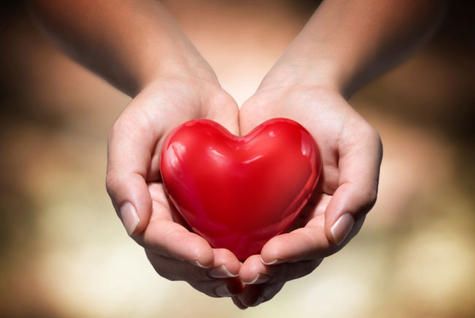Mild hypertension can nearly double your risk of heart disease—but drugs don’t work. What can you do?
A few months ago I began my Functional Medical training with the Kresser Institute. I normally write my own articles for the blog but this article, written by Chris Kresser, on blood pressure says it all! This is a health challenge that you should not take lightly… even a modest rise in blood pressure can have a big impact on your health. Since we are continuing our HEART theme for the month of February, I thought it important to talk about blood pressure and what you can do today to improve your blood pressure numbers and even prevent it from becoming a problem.
How (and Why) To Lower Your Blood Pressure Naturally
on JUNE 20, 2014 by CHRIS KRESSER
High blood pressure, or hypertension, is the most important risk factor for premature death, accounting for half of all deaths caused by cardiovascular disease and 13.5 percent of all deaths each year. It affects 26 percent of the population worldwide, and one-third of the population in the U.S. Nine in ten Americans are expected to develop high blood pressure by the age of sixty-five.
This has become even more apparent in light of recent research which suggests that even “high normal” blood pressure (120–129 / 80–84 mmHg) increases the risk of death from cardiovascular disease by 46% on average. These results are alarming in light of the fact that 3 of 10 US citizens have a blood pressure in the 129–139 / 84–95 mmHg range. Making the problem worse, studies have shown that drug therapy for “high normal” blood pressure and even mild hypertension is not effective. A large review of randomized, clinical trials performed by the prestigious Cochrane Collaboration found that anti-hypertensive drugs used to treat mild hypertension (140–159 / 90–99 mm/Hg) did not reduce disease complications or the risk of death.
How To Lower Your Blood Pressure Naturally
But that doesn’t mean there’s nothing you can do. Like most other chronic diseases, high blood pressure is caused by a mismatch between our genes and the modern diet and lifestyle. High blood pressure affects only one percent of hunter-gatherer populations following a traditional diet, but its prevalence increases when those cultures adopt a western diet and lifestyle that is characterized by processed and refined foods, sedentary behavior, chronic sleep deprivation, a lack of sun exposure and excess use of caffeine, alcohol and tobacco. If you have “high-normal” blood pressure or mild hypertension, here are my top three recommendations for decreasing your blood pressure naturally.





